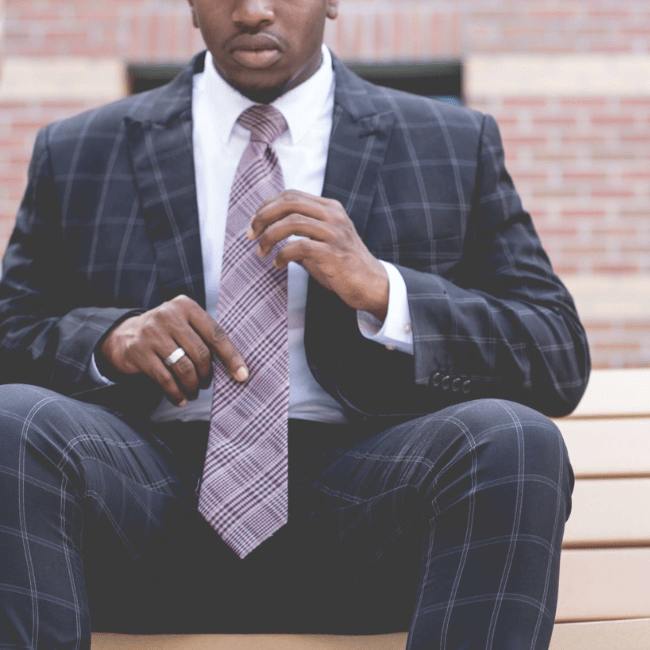Is the term metrosexual still apply?

Investing in skincare products and being health, body, and style-conscious are often associated with femininity. On contrary, these terms also link to men who do these practices dubbed as metrosexuals. Basically, this is a portmanteau of metropolitan and sexual which Mark Simpson coined in 1994. He described metrosexuals as a man with ambiguous sexuality, especially one living in an urban, post-industrial, capitalist culture.
In short, metrosexual men are meticulous about how they look and invest in products and clothes to look good.
But, metrosexuals have slowly vanished from the scene.
It was not until the early 2000s when Simpson returned to the subject that the term became globally popular. Even though the term itself is no longer evident, but the idea behind it is an exception. The reason why is that well-groomed men are now socially acceptable. Vanity is equal to men and women alike.

He published an article on Salon.com and offered an updated definition with a young man with money to spend, living in or within the metropolis – because that’s where all the best shops, clubs, gyms, and hairdressers are. He might be officially gay, straight, or bisexual. But, this is utterly immaterial because he has taken himself as his own love object, and pleasures his sexual preferences.
The term metrosexual has finally died as it’s now acceptable for men to care about their appearance, grooming, and their sensitive sides.
However, metrosexuals are rarely used today. Times have changed and it is now acceptable for men, women, and the gender-neutral to want to look and feel good about their appearances. Cosmetic surgery has increased, walk-in procedures became all the rage, and one can receive a new set of veneers while on a holiday.

The slow acceptance of men feeling good while looking good.
Another reason why the notion of metrosexuality exists is the emergence of social media. Various social media platforms brought many unconventional ideas and knowledge. Within a few taps, clicks, and searches, welcomes an array of articles, blogs, tutorials, and more on how men can improve their skin, hair, style, and more.
The influence of Hallyu.
Additionally, the influences of Asian counterparts, specifically South Korea, opened many to a new beauty practice. The prevalence of Hallyu due to the emergence of K-dramas and K-pop music in the Philippine setting gave rise to a new set of beauty trends and culture. Then, the macho, manly, domineering persona thanks to Western influences, but now, the youthful, preppy, soft, and pretty-boy archetype of the Eastern.

Moreover, the rise of metrosexuality defied the stereotypes and connotations linked to men. It challenged our perception of masculinity. Men should be masculine therefore, they should not use skin care products and makeup. If they do use these products, they are believed to be homosexual and effeminate.
However, these beliefs are refuted by celebrities, personalities, and even ordinary citizens that do such practices which are deemed not for men. An example is football superstar David Beckham, who’s also known as the face of metrosexuals in 2002. To add, the well-renowned 4th generation rookie boy group ENHYPEN recently become an ambassador for a makeup brand.

We are now living in a contemporary world that challenges our views. In this day and age where equality matters we put the effort into making a gender-inclusive society. A society where men and women can be whoever they want to be. Thus, no one has to be bothered about men taking good care of their skin or being conscious about their overall look.
What do you think about metrosexuals? Read more similar articles at this link.
"An apprentice who again slowly regains her drive to write, thanks to someone who gave her the push to do so. Topics about society, culture, and lifestyle is her cup of tea. It is a no brainer if she enjoys watching or reading anything that falls into the three. If she can no longer handle the exhaustion and stress from writing, a cup of coffee with a side of sweets and anime is her comfort.An apprentice who draws inspiration, either in what she read, watched, listened, or seen. She always empties herself, thinking that she's a blank slate who needs to learn how to fill her canvas."






